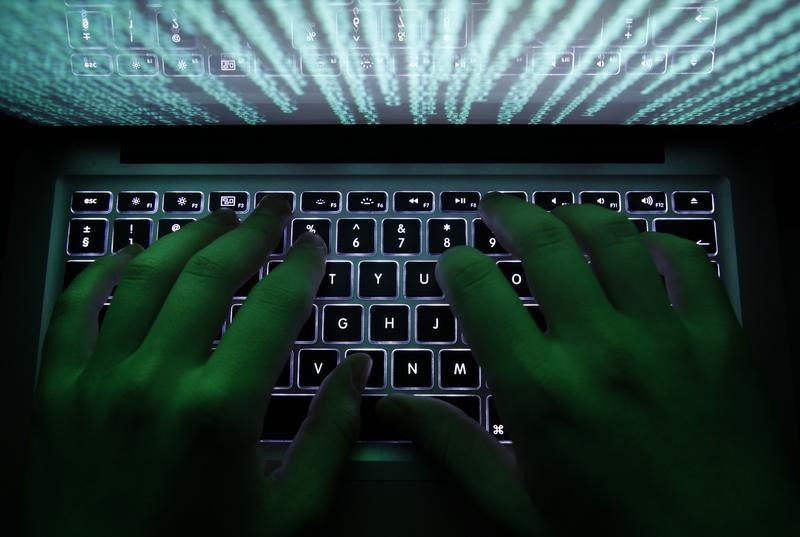By Dustin Volz
WASHINGTON (Reuters) - Violent extremists' use of encryption to evade law enforcement in communicating online will be examined by a task force proposed by a Republican lawmaker on Monday, adding to pressures on Silicon Valley to do more in fighting militant groups.
Citing concerns about violent extremists communicating in potentially undetectable "dark space" online, Representative Michael McCaul, chairman of the House Homeland Security Committee, said he wants to set up a commission of members from the technology business, law enforcement and other experts.
It would look at ways to break a long-standing logjam in a debate over encrypted phones and messaging platforms, which appeared to be on hold after the Obama administration abandoned an earlier push this summer.
Telecommunications and Internet companies for years have resisted demands from Washington for "backdoor keys" to encrypted messaging, citing broad concerns that such vulnerabilities could make data more accessible to hackers.
"We should be careful not to vilify ‘encryption' itself, which is essential for privacy, data security, and global commerce," McCaul said during a speech outlining the state of homeland security. "But I have personally been briefed on cases where terrorists communicated in darkness and where we couldn't shine a light, even with a lawful warrant."
The proposal comes a day after President Barack Obama addressed the nation on efforts to combat Islamic State, which included a plea for Silicon Valley to help law enforcement "make it harder for terrorists to use technology to escape justice."
Obama's speech followed a shooting rampage last week in San Bernardino in which 14 people were killed, which is being investigated as an act of terrorism, and attacks by Islamic State on Nov. 13 in Paris in which 130 people died.

Lawmakers and the White House are also looking at ways that companies like Facebook (O:FB) and Google (O:GOOGL) can do more to restrict violent propaganda and recruiting on social media.